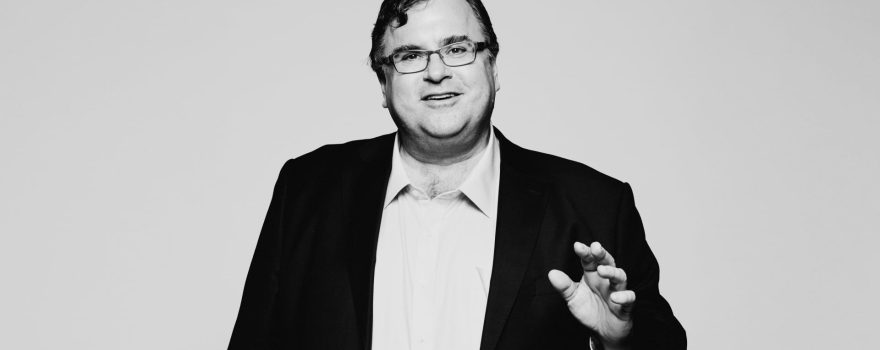
If you think a recession is a good time to sleep on hiring, you need to wake up. Take it from Reed Hoffman, who started LinkedIn during the dot-com bust and grew it through the crash of 2008. Hoffman knows a few things about hiring. In addition to creating one of the Internet’s most powerful tools for both job creators and job seekers, the LinkedIn co-founder and former CEO has a commanding view of the job market from his current perch as a partner at the powerful venture capital firm Greylock and from his many interviews with entrepreneurs for the Masters of Scale podcast. As he prepares for the first Masters of Scale summit, October 18-20 in San Francisco and online, he has spent time discussing hiring in the face of economic volatility, technological change and a rapidly evolving workplace. Now, as the pandemic changes markets and another recession looms, Hoffman, winner of the Inc. 5000 2011, returns to Inc. with advice on finding and retaining talent.
How will hiring change next year?
In volatile times, many companies mistakenly play defense instead of offense when it comes to hiring. But if you have capital and income, now is the time to hire, because others don’t. This will put you in a really strong position in two to five years.
People will want to go back to the office once they realize they are missing out on opportunities to be creative with each other, build social capital and trust, and improve their position for advancement. But we have also been removed for more than two years. This will have a lasting effect on the hiring model. If the best person for a project or team lives in another city, managers will compromise by making them come to headquarters for a week every six weeks, or something like that. Successful managers will learn to identify what types of people fit well in this hybrid structure–and get the ongoing training they need to lead and retain them.
Where can entrepreneurs strike?
How do you develop an office culture in a virtual environment? How do you create better collaboration spaces? There are a whole bunch of hybrid workflows that either weren’t created for the hybrid future or are just emerging. Tools like Coda, for example, are adapting to your process rather than adapting to theirs, but I think we’re still in the first inning of building it all. Technology is not built in one or two years. It’s built in five or ten years.
What about the non-technology business?
Every company needs a digital strategy for, say, steel production. Your smelter may look the same as it did 40 years ago, but what about the market? Your supply chain? Your logistics channel? You need to hire people to drive your technological evolution.
